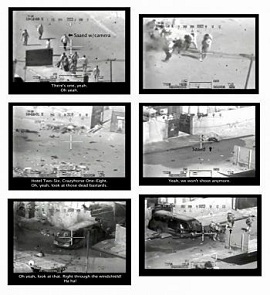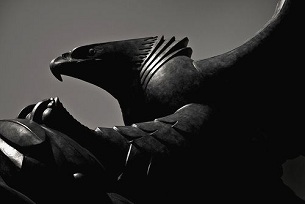The New York Times’ Bill Keller on WikiLeaks: a collapse of democratic sensibility
The New York Times posted a lengthy piece January 26 by Bill Keller, its executive editor, on the subject of the newspaper’s relations with WikiLeaks and its co-founder, Julian Assange. The Times is one of the media outlets that has published excerpts from WikiLeaks’ material on the wars in Afghanistan and Iraq and its mass of secret US diplomatic cables.
Keller attempts to cover all the bases in his essay, defending himself against accusations that the Times has endangered US “national security”—defaming Assange in the process—and making the case for a “responsible” (that is to say, compliant) media, while at the same time hypocritically opposing government prosecution of WikiLeaks.
Whatever he thinks he has done, Mr. Keller has in fact produced a devastating self-exposure. He has offered us a portrait of the journalist as a quasi-state official and propagandist.
Along these lines, Keller boasts about his efforts to vet the WikiLeaks material with the US government, and acknowledges that the Times collaborated on a daily basis with the State Department after it came into possession of the hundreds of thousands of secret American embassy cables in November 2010.
Above all else, Keller’s essay reveals the collapse of democratic consciousness within the American media and political establishment. The most extraordinary feature of his 8,000 word article is the shamelessness with which he spells out that the Times’ central concern is not enlightening the public, but concealing anything that might damage the US government, its foreign policy and its war aims.
Here is a spokesman for the leading newspaper in the United States who makes clear that he has no commitment to and no understanding of freedom of the press. For Keller and his Times colleagues, the freedom to publish means the freedom not to publish.
The emergence of WikiLeaks has proven an unpleasant turn of events for the Times and the American media as a whole. This small organization, with limited resources, has done what the major news outlets should have been doing for years and deliberately refused to do: shed light on the massive criminality of American diplomatic, intelligence and military activity around the globe.
How to respond to the WikiLeaks phenomenon has obviously been a vexing issue for Keller and the Times’ hierarchy. If they have reacted in part by serving as a conduit for some of the leaked material, it has been in the interests of controlling the exposures as much as possible, limiting their impact and preventing—in Keller’s phrase—“a state of information anarchy” (i.e., widespread access to news outside the official channels) from arising.
Keller intends to strike a pose of balance and moderation, but crass class interest in the form of hostility toward the WikiLeaks project makes its way into paragraph after paragraph of his essay.





























